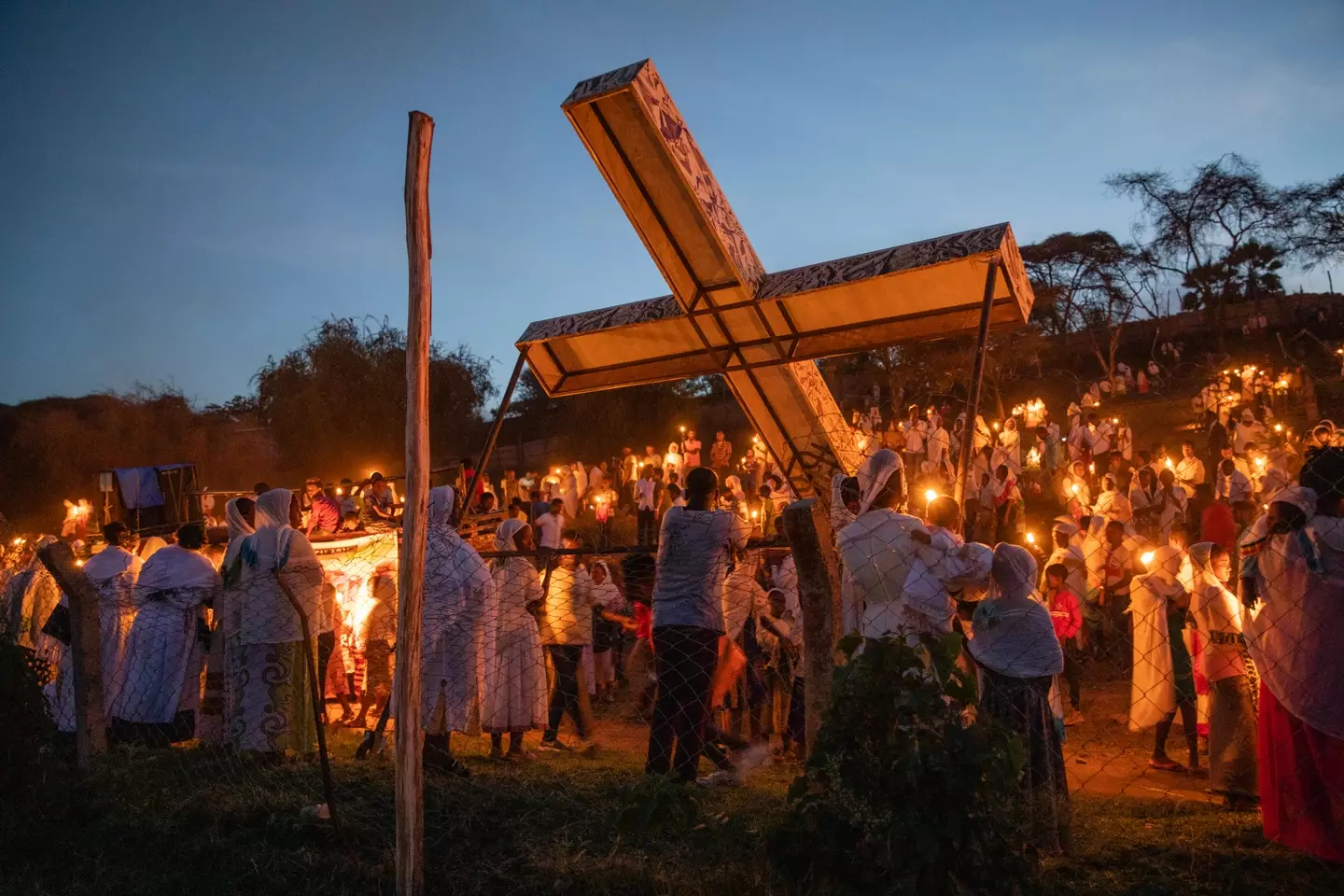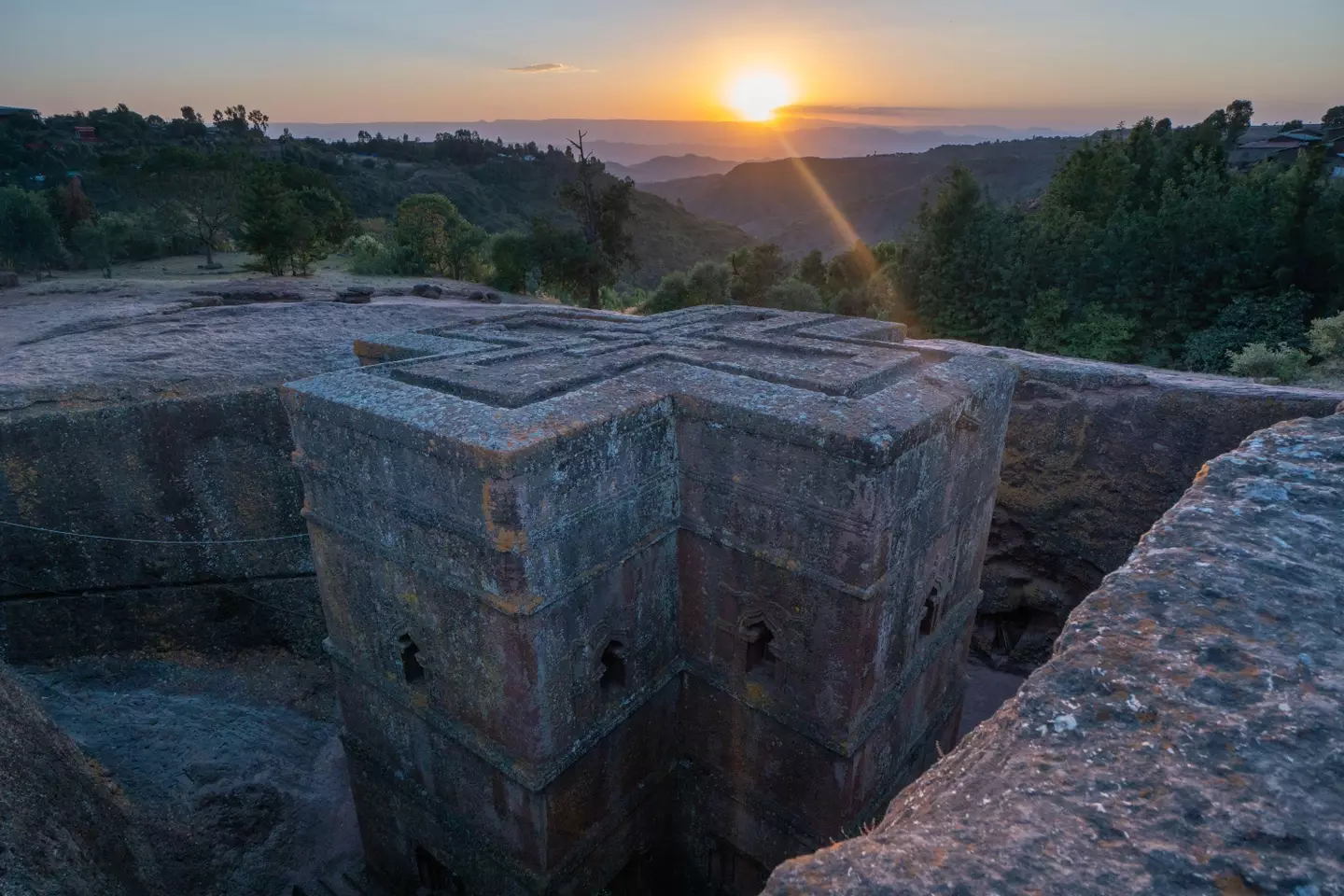
As the rest of us gear up for our New Year’s Eve parties tonight, and get ready to welcome in 2022, you might be interested to learn that the people of Ethiopia – well, many of them anyway – won’t be celebrating tonight, and are still living in 2014.
Of course, the concept of time is fairly difficult to change, so they’ll be existing in the same time as us regardless, but their calendar is different to that which most of the rest of the world has adopted, and it means that they’re a few years behind everyone else on paper.

So, what’s the difference?
Advert
Well, there are a couple of things, starting with the fact that they have 13 months on their calendar.
Ethiopians celebrate the beginning of a new year on September 11, or September 12 if it is a leap year, the BBC has explained.
That puts them somewhere between seven and eight years behind the Western world and our calendar.
So, the people of Ethiopia – officially at least – only celebrated the turn of the millennium on September 11 2007.
Advert
It also means that whilst the country has many public holidays that would be recognisable to others around the world, they are often celebrated on different days because of this different calendar.
They have no need to rhymes and memory tricks to work out how many days are in each month, either.
That’s because all of them have 30 days, with the exception of the last month called Pagume which has either five or six days, again dependent on whether it is a leap year.
It began around 1500 or so years back when the Catholic Church decided to amend the calculation of the birth of Jesus Christ.

They set that back at around 500AD – 525AD, to be precise - but the Ethiopian Orthodox Church didn’t, which is why they remain different to this day.
Advert
What’s more, many Ethiopians have a different way of keeping time throughout each day, too.
So, they – like we do – have two cycles of 12 hours marked at either end.
The only difference is that their cycles start and end at our six ‘o clock, meaning that if you’re ever arranging to meet an Ethiopian who keeps this time, you should just add six hours and show up then.
It sounds confusing, but so would our methods of time-keeping to anyone who was unfamiliar with them.
Advert
Interesting though, isn’t it?
Featured Image Credit: Alamy (stock)Topics: World News